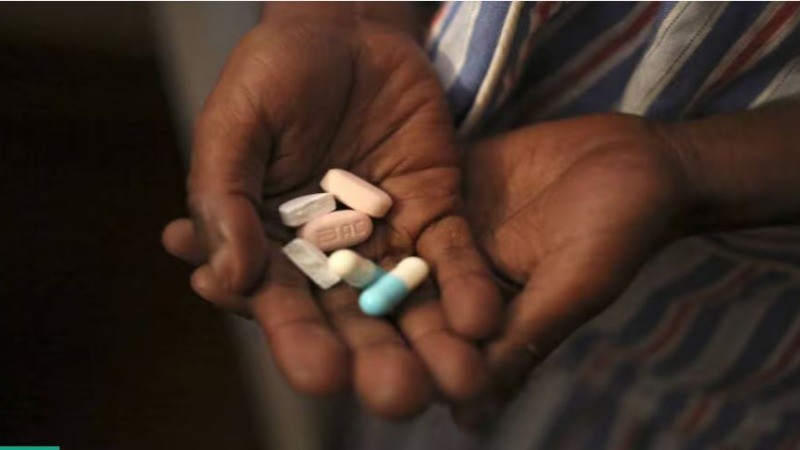
The GST Council’s meeting has brought notable changes to India's tax landscape, aimed at reducing the financial burden on consumers. The Council has implemented reductions in the Goods and Services Tax (GST) for various essential services and goods, making them more accessible.
One of the major changes includes a reduction in GST on select cancer medications from 12% to 5%. This cut applies to crucial drugs like Trastuzumab Deruxtecan, Osimertinib, and Durvalumab, which are vital for treating cancer. The move is seen as a positive step towards enhancing the accessibility of life-saving treatments, complementing the earlier customs duty exemptions on these drugs. "With the increasing burden of chronic diseases in India, this is a move toward making life-saving drugs accessible and improving health outcomes," said Sudarshan Jain, secretary general of the Indian Pharmaceutical Alliance.
The GST on fried snacks, such as namkeen, has been reduced from 18% to 12%, and the tax on shared helicopter rides has been lowered to 5%. These changes are expected to benefit travelers heading to popular pilgrimage sites and make everyday snacks more affordable. However, chartered helicopter services will continue to attract the higher 18% GST.
The Council has also decided to exempt research and development (R&D) activities funded by both private and public sources from GST. This exemption is a significant advantage for educational institutions involved in R&D, supporting further innovation and research.
Decisions on several other issues were deferred, including potential reductions in GST on health and life insurance, and extending the compensation cess beyond January 2026. These issues have been referred to two ministerial panels for detailed review. The panel led by Bihar Deputy Chief Minister Samrat Chaudhary will specifically examine the insurance sector, considering exemption thresholds and the treatment of senior citizens and group insurance.
Additionally, the Council has clarified that uncooked or unfried snack pellets will now be taxed at 5%, while GST on car and motorcycle seats will increase from 18% to 28%. Roof-mounted package unit air conditioners used in railways have been moved to the highest GST slab. The decision on taxing electric vehicle (EV) charging stations has been postponed.
Payment aggregators seeking tax exemptions were not granted relief, as the exemption currently applies only to banks. Revenue Secretary Sanjay Malhotra confirmed this stance, leaving payment aggregators to continue facing their existing tax obligations.
In a broader context, the Council has also standardized preferential location charges (PLC) for residential, commercial, and industrial properties, aligning them with the GST rate applicable to construction services.
GST Council’s 54th Meeting Brings Major Reforms in Healthcare, Online Gaming, and Tax Structure
Industry Leaders Welcome GST Council's Rate Cuts and Policy Changes Across Key Sectors
GST Council Defers Decision on Insurance Premium Tax Reduction